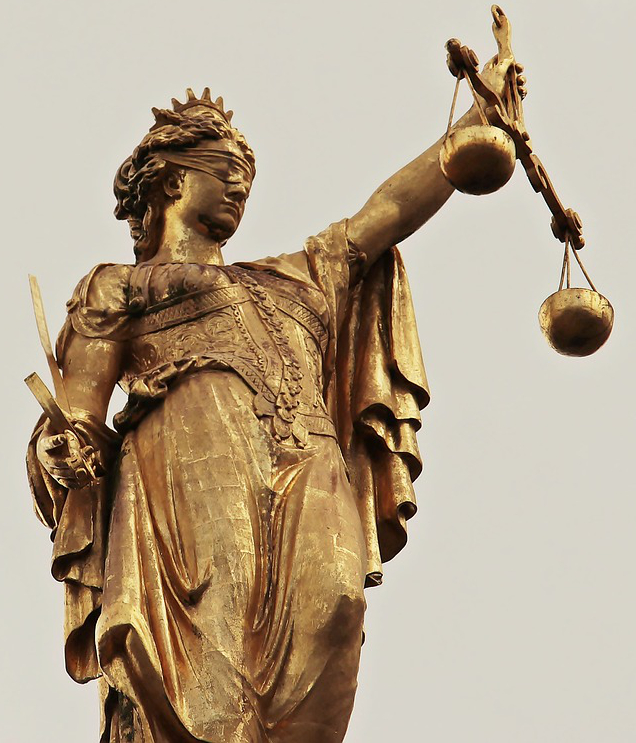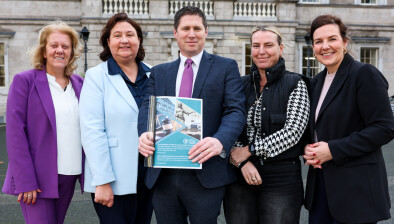Jury still out on use of language interpreters in remote court hearings

Remote courts technology “may or may not” suit cases where spoken or sign language interpreters are needed, the Courts Service has said.
A pilot of remote hearings began in the Irish courts this week but the technology remains “very much in its infancy”, a spokesperson told Irish Legal News.
The Court of Appeal yesterday handed down its first judgment after a remote hearing in which lawyers and judges were joined by video-link.
Professor Lorraine Leeson, head of the Centre for Deaf Studies at Trinity College Dublin, has raised concerns about how the needs of deaf people can be accommodated within remote hearings.
“It’s clear we have to go online,” she told ILN last week. “I have no problem with that – but we need to make sure that the relevant parties are adequately aware of the challenges [for sign language users] and that there’s a protocol in place.”
Under the Irish Sign Language Act 2017, courts have a “duty to do all that is reasonable to ensure that any person competent in Irish Sign Language and who cannot hear or understand English or Irish appearing in or giving evidence before it may be heard in that language”.
A spokesperson for the Courts Service said remote courts “may not suit all forms of hearings”, highlighting the focus of the current pilot on cases “with no or a limited number of witnesses”.
He said: “The pilot period does not include cases where the use of interpreters in our first national language, or in a foreign tongue, or in Irish Sign Language is needed.
“The dynamic of remote hearings may or may not suit such cases, but as the pilots progress attention will be paid to this matter.
“Should we get to a point were evidence might be heard remotely, the needs of all witnesses and complainants will obviously be very much considered before being selected for remote hearing.
“This includes the needs of persons who require any form of language interpretation.”
The spokesperson added: “How to specifically accommodate the hearing of evidence involving interpreters – both deaf or language – will be considered at the time we consider such cases for suitability.”









